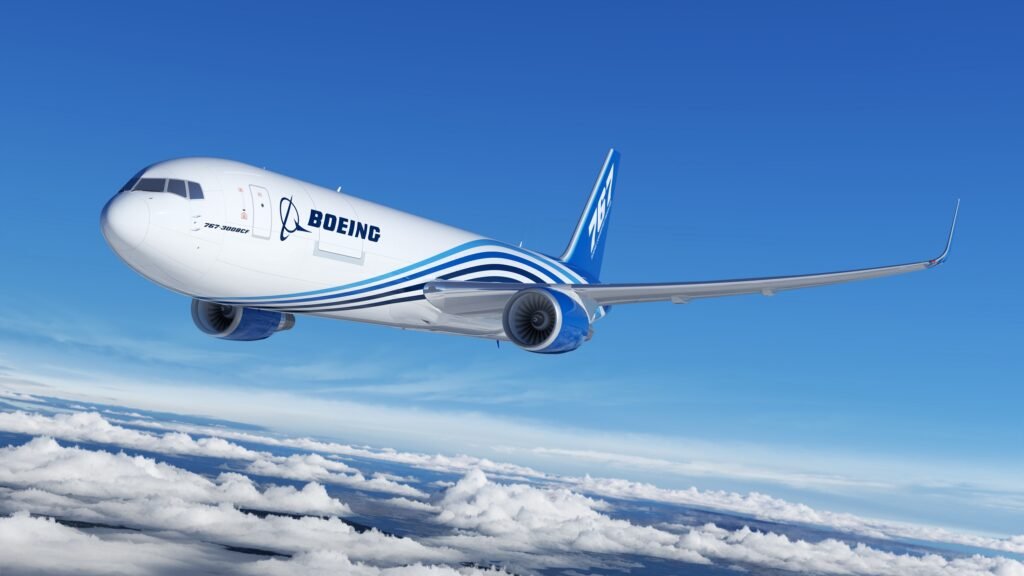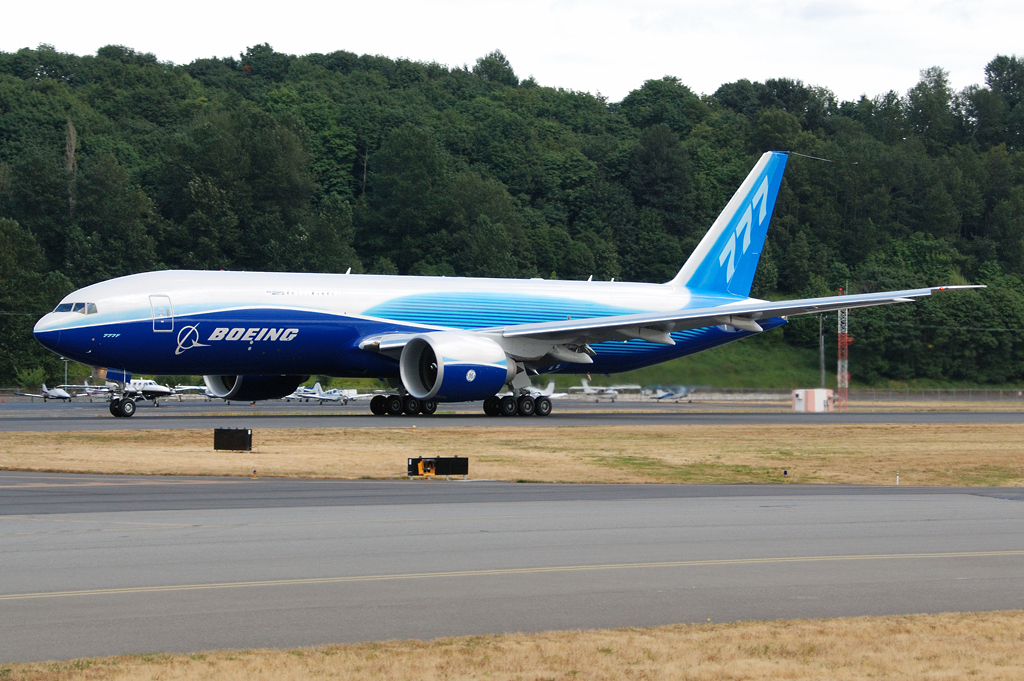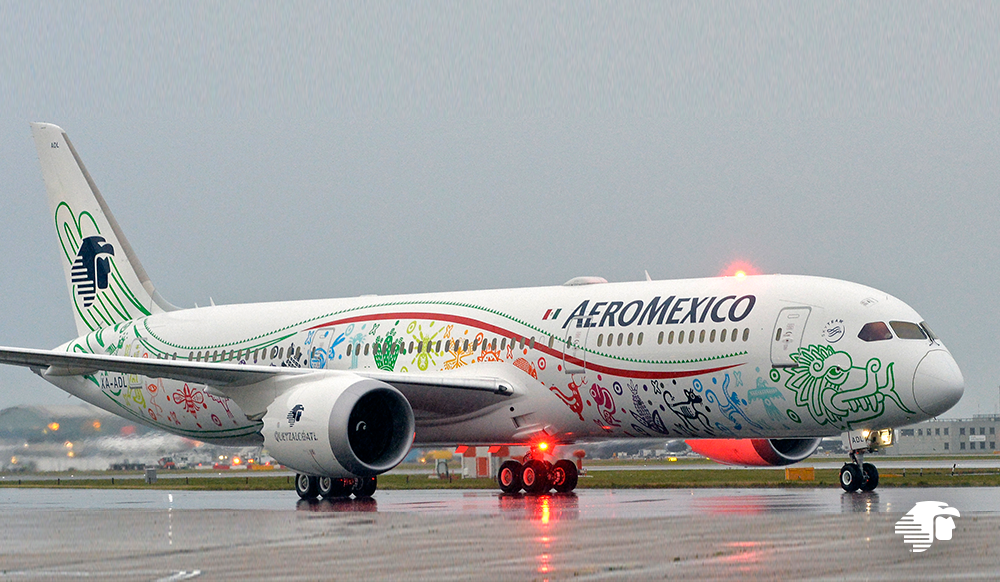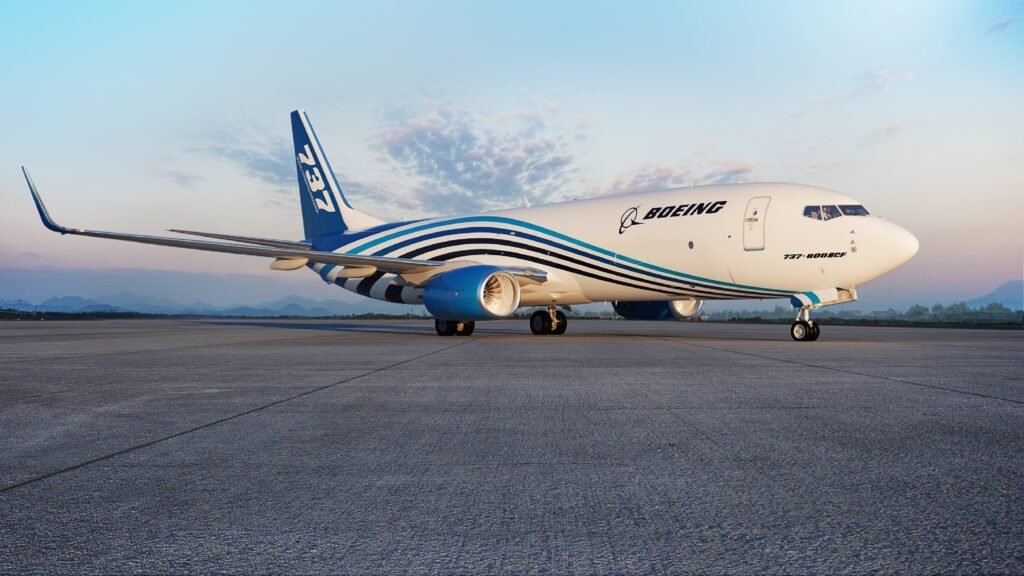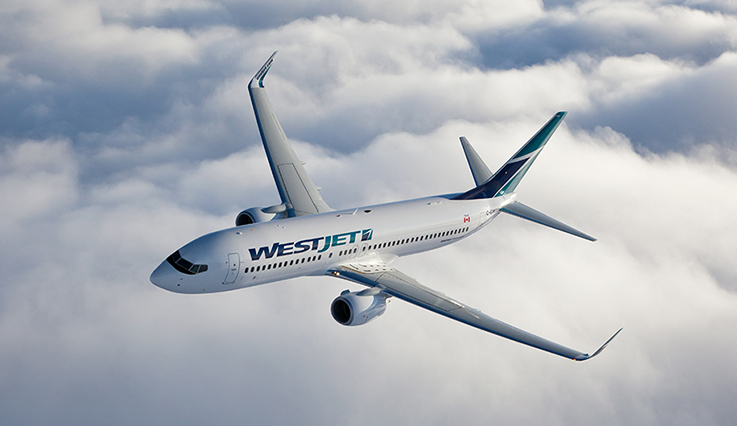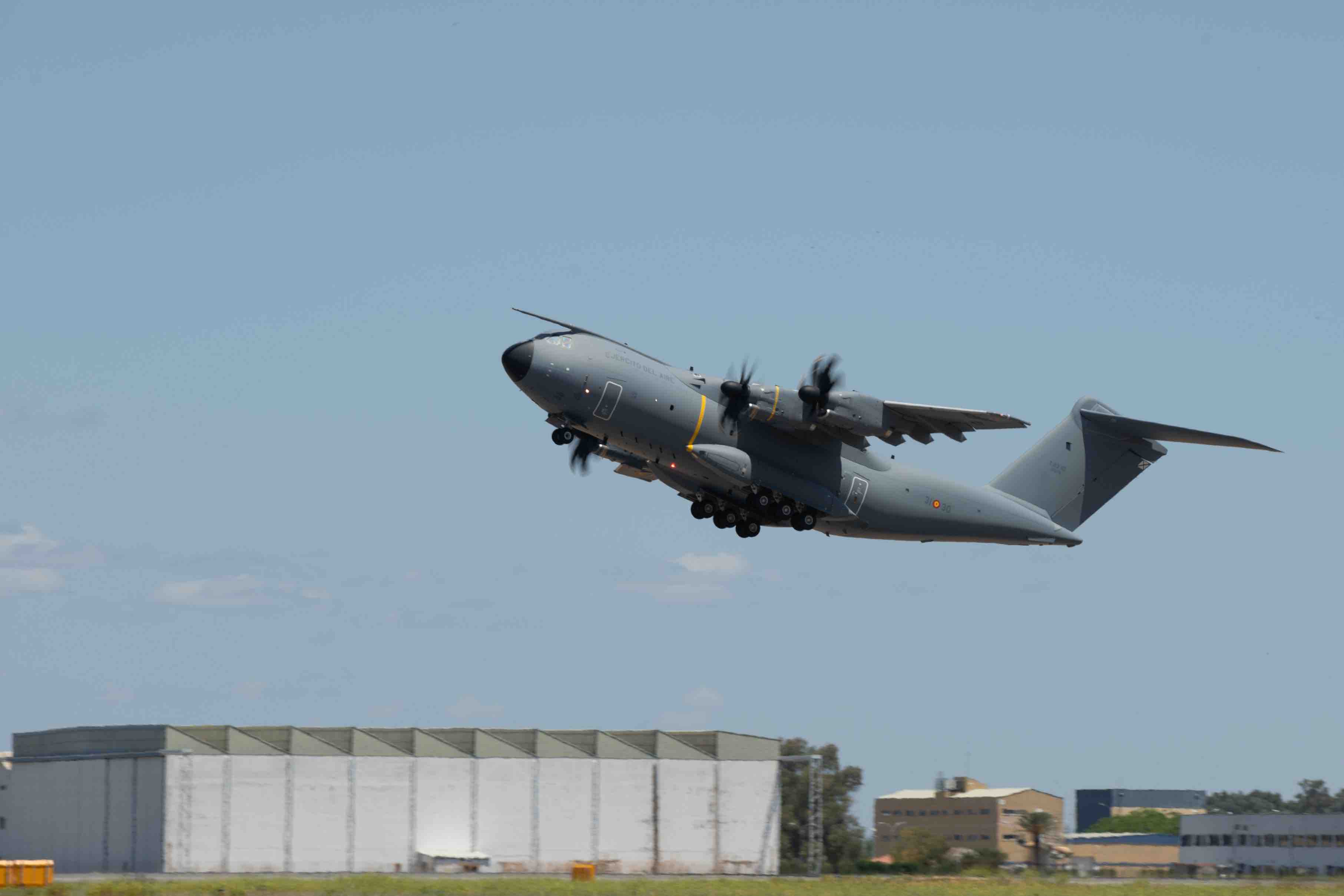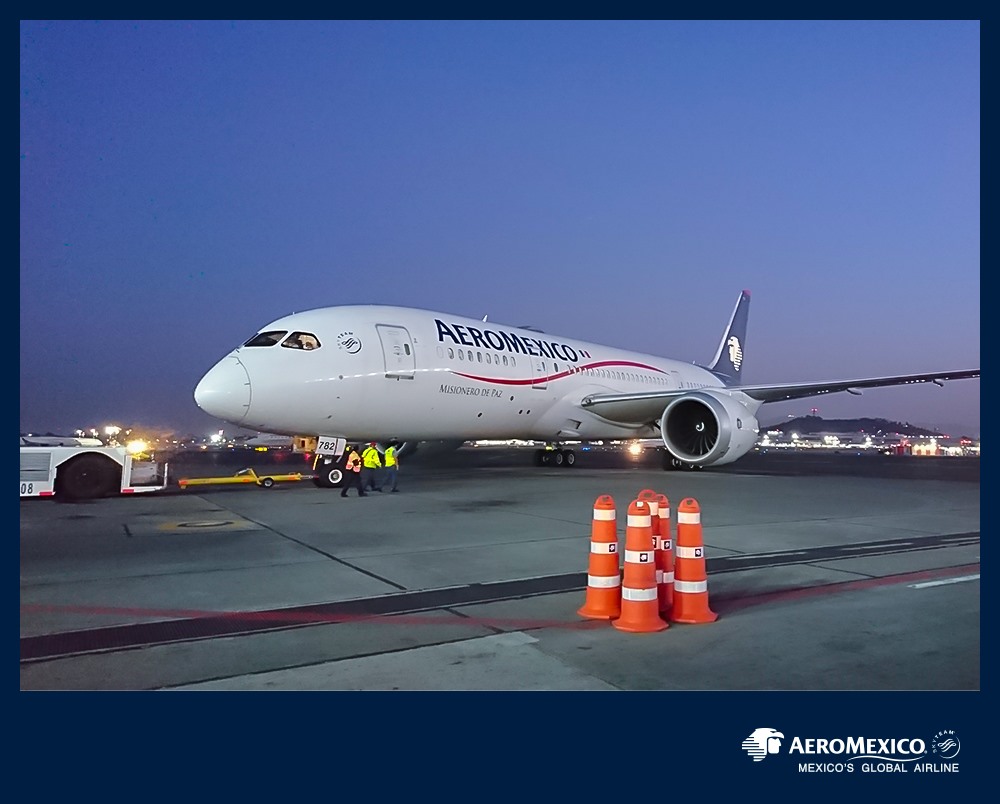Air Transport Services Group Selects Boeing for Next Converted Freighter Order
SEATTLE, Nov. 3, 2021 — Air Transport Services Group, Inc. (Nasdaq: ATSG), the world’s largest lessor of 767-300 converted freighters, has contracted with Boeing [NYSE: BA] for the conversion of four aircraft to 767-300 Boeing Converted…
